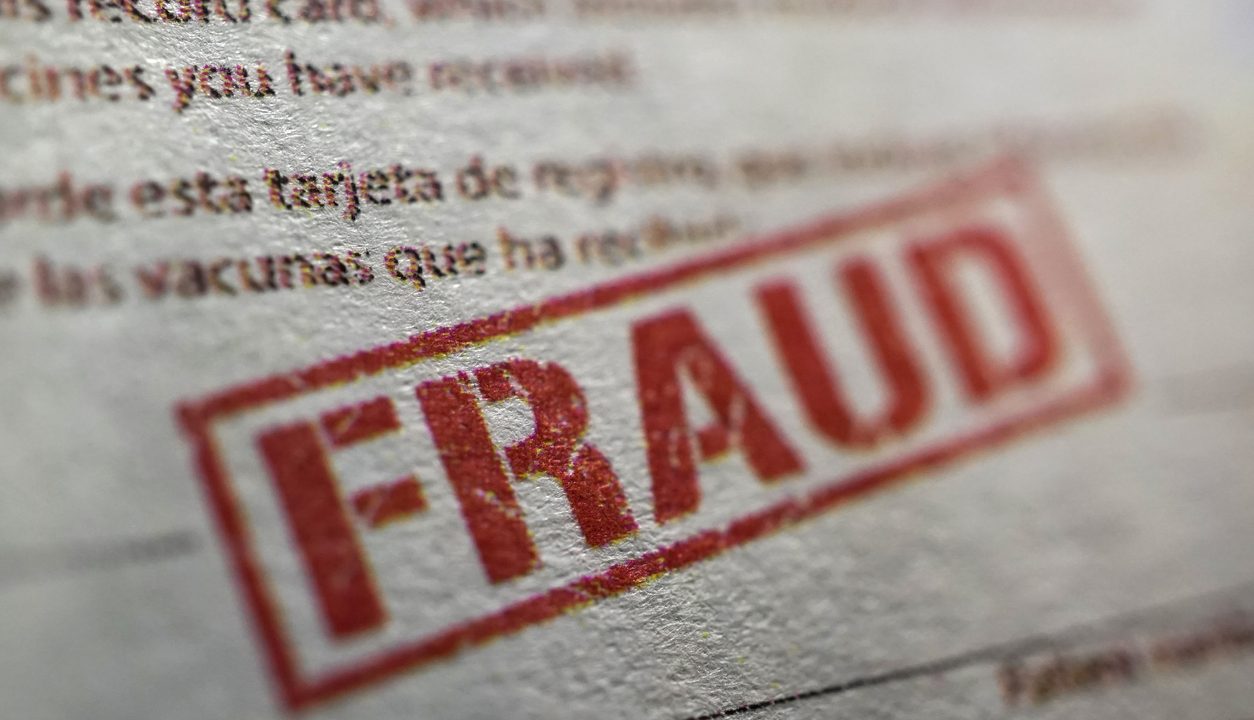Sentencing for fraud can depend on many factors, but the primary consideration is how much money was involved. This article outlines the different penalties and circumstances for fraud and what you can do to mitigate your penalty.
Sentencing for fraud over $5000
Where the subject matter of the fraud exceeds $5000, you will be charged with an indictable offence that carries a maximum sentence of 14 years imprisonment. If the subject matter of the fraud exceeds one million dollars, the minimum sentence is two years imprisonment.
Sentence for fraud under $5000
Where the subject matter of the fraud is under $5000, you will be charged with a hybrid offence. In these cases, the Crown can charge you with a maximum sentence of two years and possibly a fine of $5000. However, there is an exception if your fraud was intended to deceive and affect the public market. In such cases, regardless of the value of the fraud, the offence can have a maximum sentence of 14 years imprisonment.
Aggravating factors
There are a variety of aggravating circumstances that can lead you to receive a harsher sentence. They include:
- Gravity of the offence
- Complexity
- Duration or degree of planning of the fraud committed
- Whether the offence had adverse effects
- Stability of the Canadian economy or financial system, any financial market in Canada, or investor confidence in such a financial market
- Number of victims
- Impact on the victims
- Whether you took advantage of the high regard in which you were held in the community
- Failure to comply with a licensing requirement or professional standard
- Concealment or destruction of records related to the fraud or to the disbursement of the proceeds of the fraud
If any of these aggravating circumstances are relevant to your case, they will likely increase your term of imprisonment. Furthermore, the court will not consider your employment, employment skills or status, or reputation in the community as mitigating factors if those circumstances were relevant to, contributed to, or were used in the commission of the offence.
Prohibition order
In addition to imprisonment and monetary fines, the court may impose a prohibition order on you. This order will prevent you from seeking, obtaining or continuing any employment or volunteering that gives you authority over another person’s real property, money or valuable security. This order can last as long as the court sees fit. Failure to comply with a prohibition order is a crime. This is punishable by a maximum prison sentence of two years and a fine of up to $5000.
Criminal record
Whether you are charged with fraud of over or under $5000, a conviction will result in a criminal record regardless of which schedule the substance falls under. Having a criminal record can seriously impact your life. Penalties may include:
- Inability to travel to other countries
- Deportation
- Citizenship delay
- Firearms prohibitions
- Employment limitations
If you have a criminal record for fraud in Canada, you may be able to apply to have it suspended. If you wish to apply to have your criminal record suspended, you should retain a criminal lawyer to assist with your application.
What to do if you are charged with fraud
If you have been charged with fraud, you should ensure you avoid talking to the police before speaking with a lawyer. Utilize your constitutional right to remain silent if you are arrested, even if you are innocent, as you may accidentally say something that hurts your case. Regardless of the value of the subject matter of the fraud you have been charged with, fraud is a severe offence, and serious consequences flow from a conviction. As such, it is imperative that you contact a defence attorney as soon as possible so that they can help you navigate the criminal justice system and obtain the best possible outcome. Our lawyers at Collett Read LLP are experienced in dealing with fraud charges and are well equipped to defend you.
